Summaries of books about International Relations:
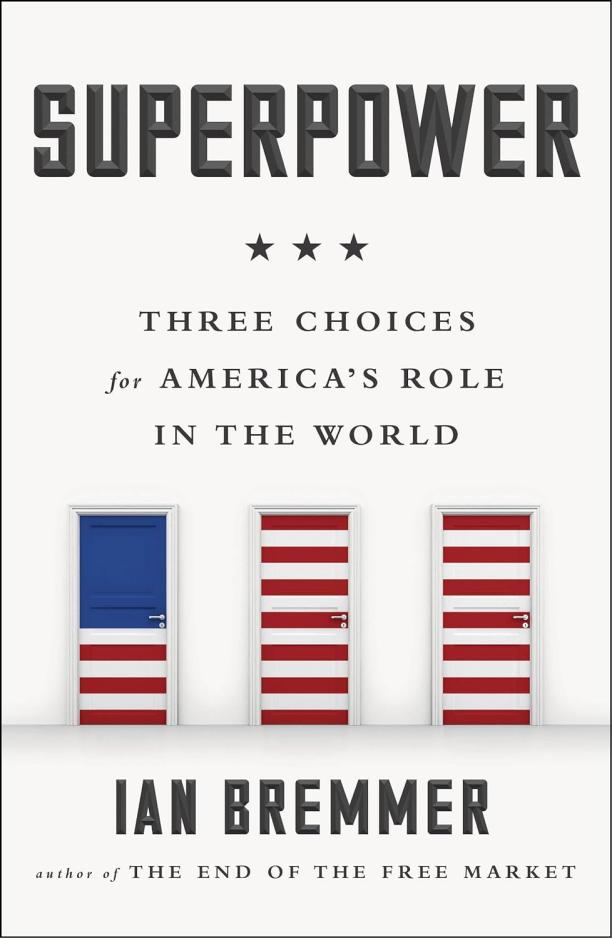
Superpower
Three Choices for America's Role in the World
Ian Bremmer
The book presents three distinct strategic visions for America's future role in international affairs: Indispensable America, which advocates for active global leadership; Moneyball America, which suggests a pragmatic approach focusing on cost-benefit analysis; and Independent America, which argues for a more isolationist stance prioritizing domestic issues. Through these lenses, the author examines the potential consequences of each strategy on global stability and America's place in the world.
See full summary
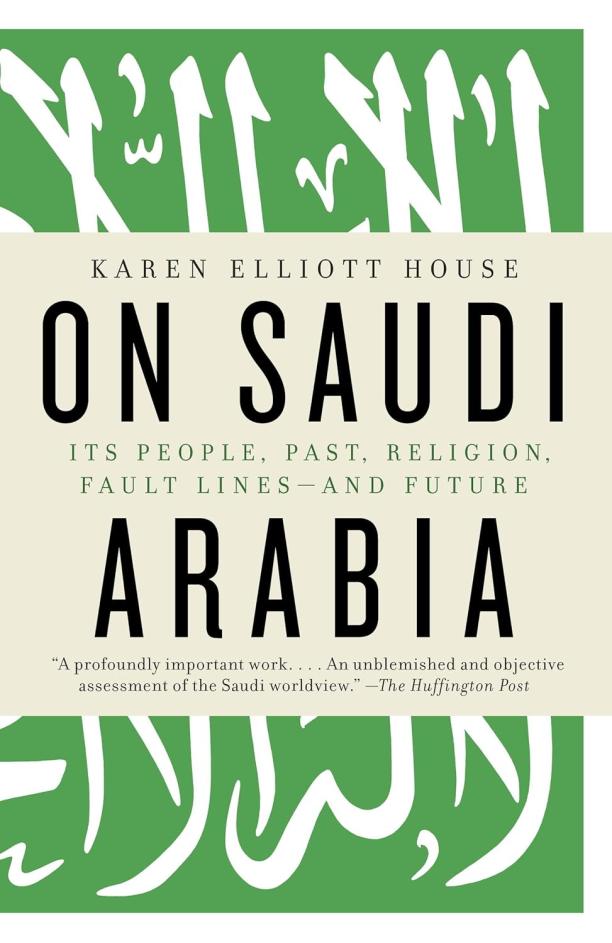
On Saudi Arabia
Its People, Past, Religion, Fault Lines - and Future
Karen Elliott House
The book provides an in-depth exploration of the complex society of Saudi Arabia, examining its tribal and religious dynamics, economic challenges, and political structure. It offers insights into the lives of the Saudi people, the influence of Wahhabism, the role of women, and the potential paths the kingdom could take in the future.
See full summary
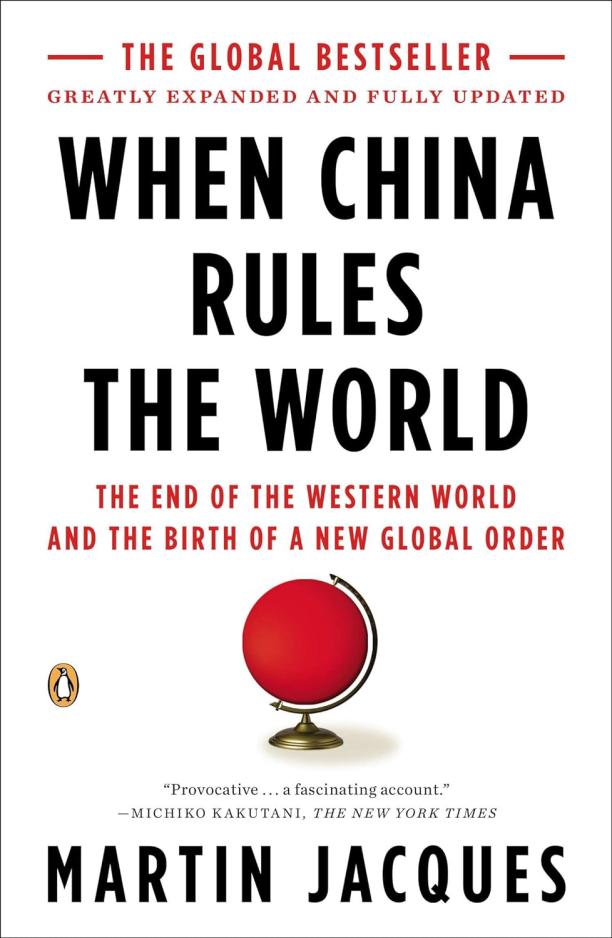
When China Rules the World
The End of the Western World and the Birth of a New Global Order: Second Edition
Martin Jacques
The book presents a thesis that as China's economic power grows, it will challenge the global dominance of the West and reshape the world order with its own cultural, political, and economic influences. It analyzes historical, economic, and socio-political factors to argue that China's rise will lead to a fundamentally different global system, not merely a larger version of the West.
See full summary
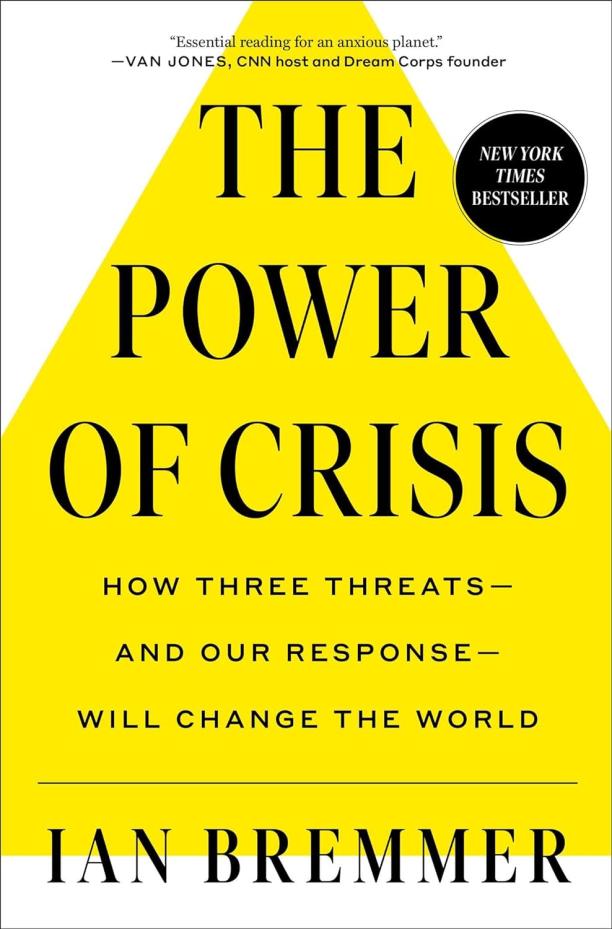
The Power of Crisis
How Three Threats – and Our Response – Will Change the World
Ian Bremmer
The book examines how three major global crises—climate change, technological disruption, and the rise of geopolitical competition—pose significant challenges to the world. It explores how nations and leaders can leverage these crises as catalysts for positive change, driving innovation, cooperation, and a rethinking of global governance.
See full summary
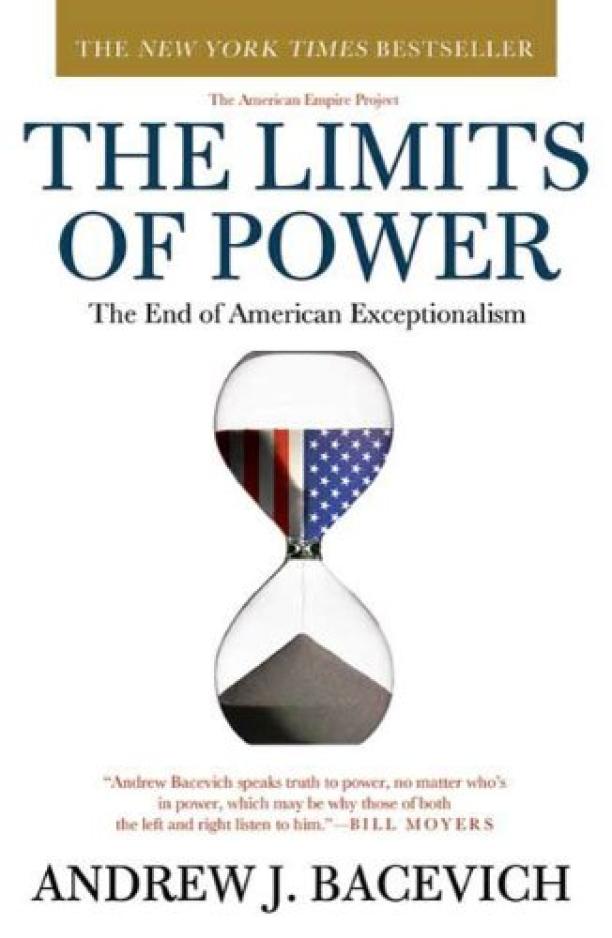
The Limits of Power
The End of American Exceptionalism
Andrew Bacevich
The book critiques U.S. foreign policy and military adventurism, arguing that American exceptionalism and interventionism are unsustainable and have led to repeated failures. It emphasizes the need for a more restrained and realistic approach to international relations, focusing on the limits of military power and the consequences of ignoring them.
See full summary
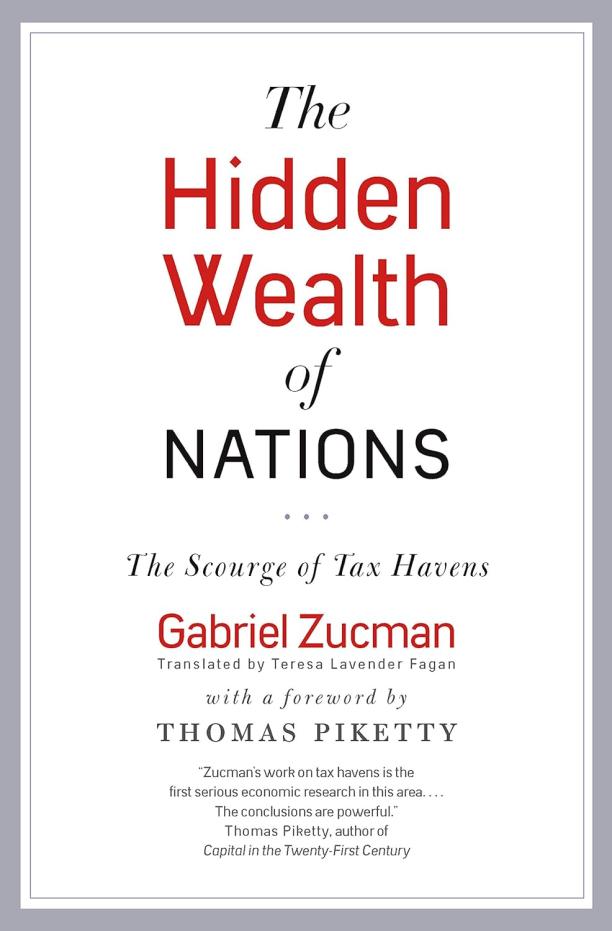
The Hidden Wealth of Nations
The Scourge of Tax Havens
Gabriel Zucman
The book delves into the world of offshore banks and tax havens, revealing how they enable the wealthy to hide assets and avoid taxes, thus contributing to inequality and undermining democracies. It provides an in-depth analysis of the scale of these hidden finances and offers concrete solutions for global tax evasion.
See full summary
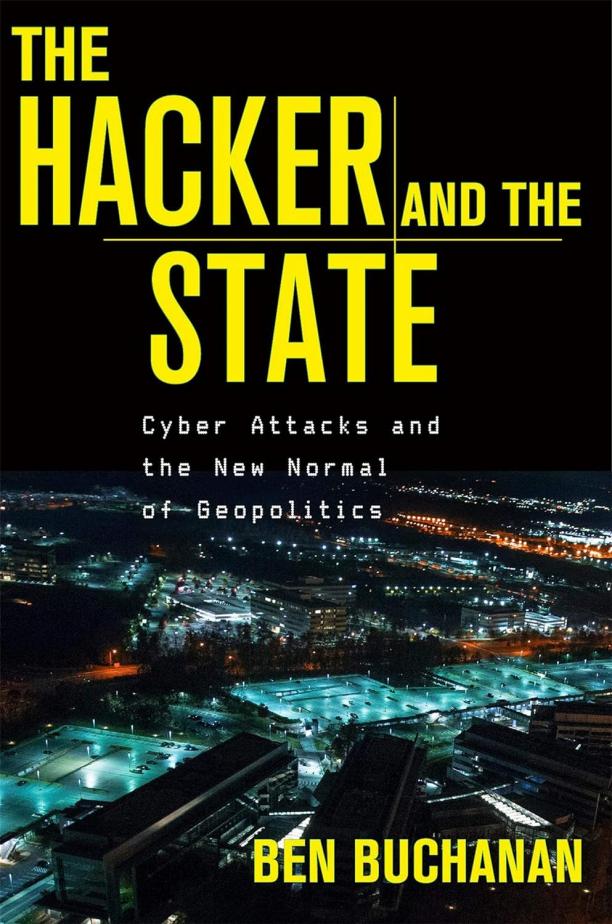
The Hacker and the State
Cyber Attacks and the New Normal of Geopolitics
Ben Buchanan
The book explores the escalating cyber conflict between nations, delving into how states use hacking to conduct espionage, sabotage, and influence campaigns. It examines real-world cases to illustrate the strategic use of cyber capabilities in international relations and the implications for global security and politics.
See full summary
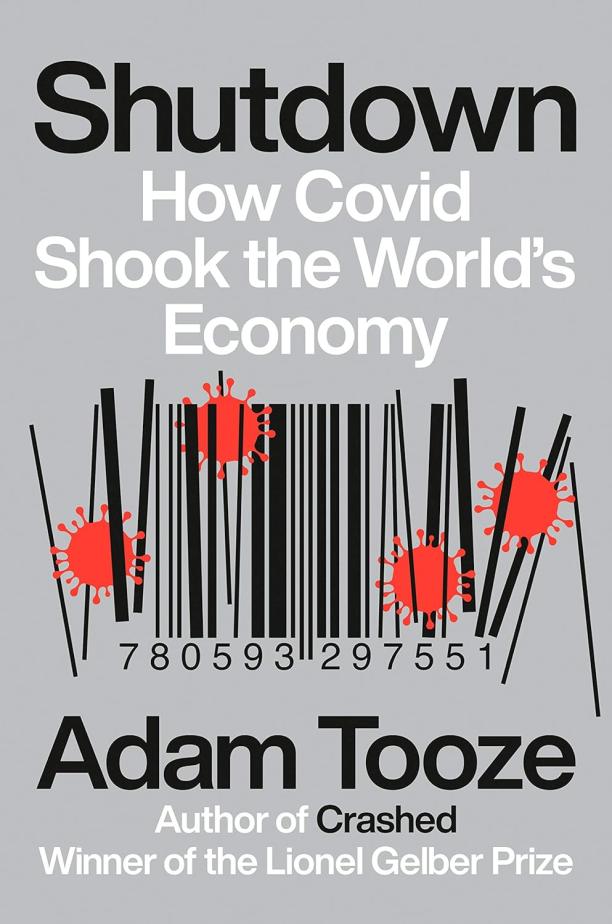
Shutdown
How Covid Shook the World's Economy
Adam Tooze
The book provides an analysis of the global economic impact of the COVID-19 pandemic, examining the responses of governments and financial institutions. It explores the crisis's effects on economies, the challenges of managing the pandemic, and the implications for future economic stability and policy.
See full summary

America's Secret War
Inside the Hidden Worldwide Struggle Between the United States and Its Enemies
George Friedman
The book delves into the strategic and intelligence aspects of post-9/11 conflicts, analyzing the United States' covert operations and geopolitical maneuvers against various adversaries, including terrorist organizations and rogue states. It provides insights into the complexities of global intelligence and the clandestine tactics used by the U.S. to combat threats and shape international outcomes.
See full summary
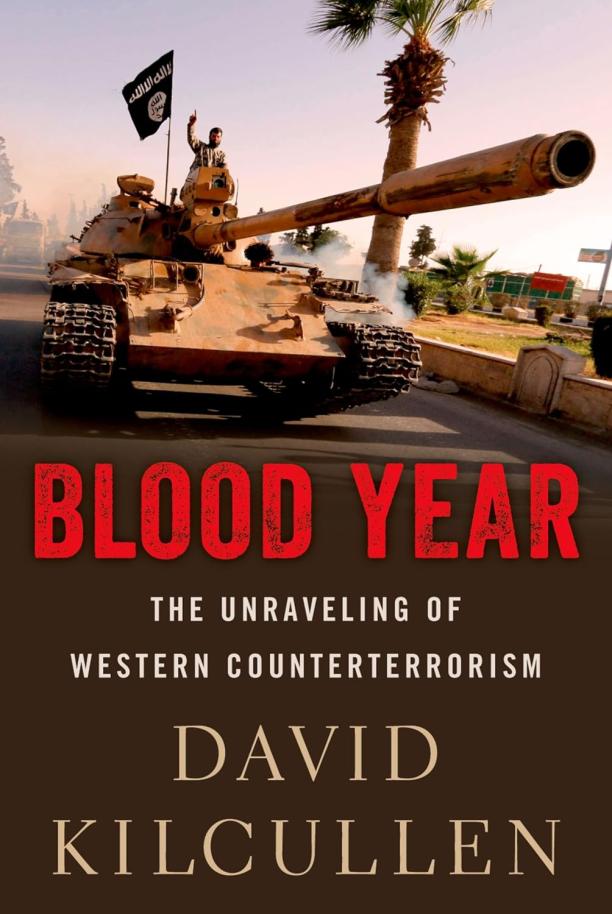
Blood Year
The Unraveling of Western Counterterrorism
David Kilcullen
The book analyzes the strategic failures and consequences of Western counterterrorism efforts, focusing on the tumultuous events of 2014, including the rise of ISIS and the spread of jihadist movements. It critiques military and political approaches to combating terrorism, offering insights into the complexities of modern warfare and the challenges faced by the West in stabilizing conflict-ridden regions.
See full summary